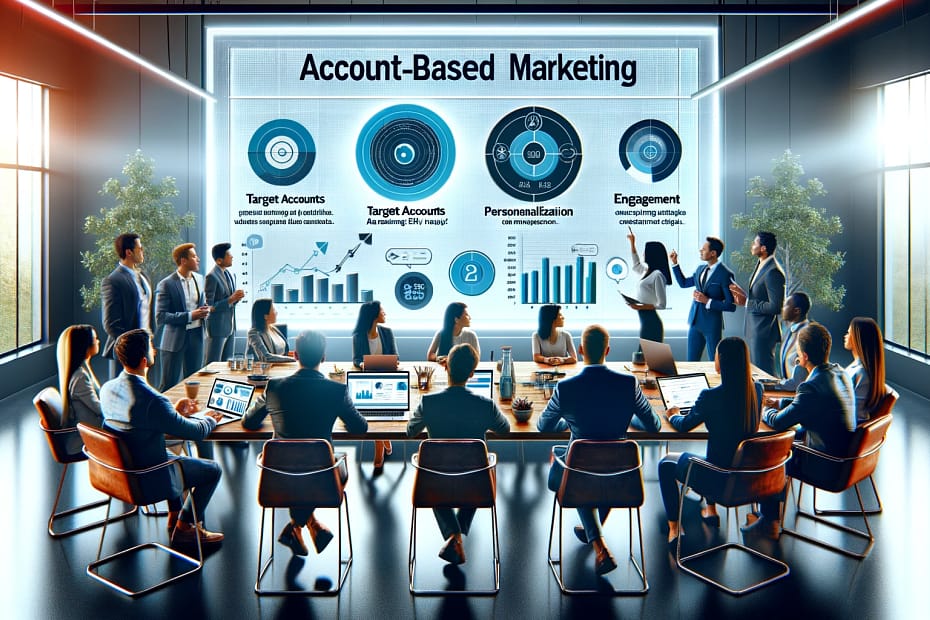Stop Guessing. Start Assessing: The First Step Toward Sales Growth
Are you feeling stuck in your sales organization? You’re not alone. Many founders, CEOs, and sales leaders eventually hit an invisible wall—a growth plateau. Key deals slip away. Your top salesperson, who carries far too much weight, starts to burn out.
In these moments, the instinct is often to push harder. But what’s needed isn’t more hustle. It’s clarity. And clarity starts with a strategic sales assessment.
What a Sales Assessment Means
Too often, leaders see assessments as formalities—checklists that confirm what they already believe. That’s a mistake. An accurate sales assessment is diagnostic. It reveals what’s working, what’s broken, and what’s missing.
Revenue growth doesn’t always mean you’re on the right path. Many companies are growing despite misalignment, not because of strategic execution. Are your sales activities aligned with your market opportunity? Are you pursuing the right prospects with the right message? Or are you just getting lucky?
Read the rest of the article…








